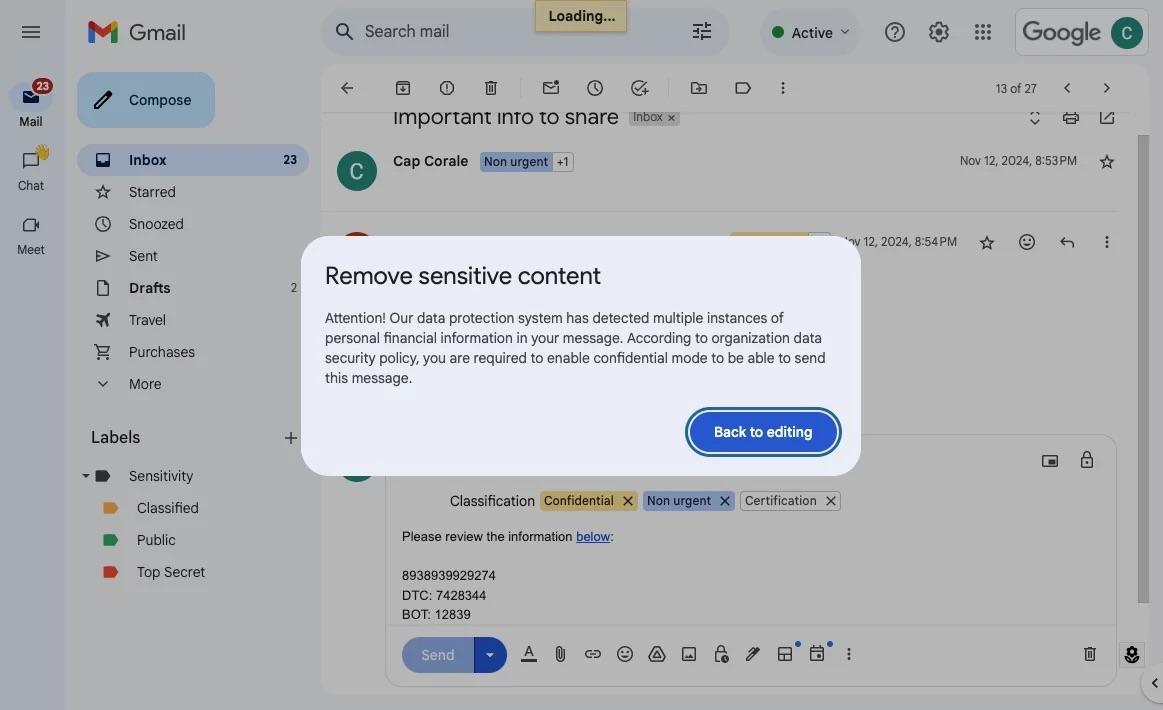The tech world is evolving at lightning speed, and this week is no exception! From Apple integrating ads into Maps, to Meta deploying a massive undersea cable to boost AI, and Google enhancing Gmail’s data security—tech giants are doubling down on shaping the future.
In this roundup, we break down these major announcements and their potential impact on users and businesses. Opportunities, innovations, or new challenges? We’ve got all the details!
Apple Maps: Ads in Your GPS – Opportunity or Annoyance?
Original title: Apple Maps may get paid placements as part of new ad strategy
Apple is considering monetizing its Maps app by integrating advertisements, according to Mark Gurman from Bloomberg. During an internal meeting, the Maps team reportedly discussed strategies to display sponsored ads in search results. This means that the top results for a business or restaurant search could be influenced by paid placements rather than geographic or qualitative relevance.
This wouldn’t be a first for Apple, which already displays ads on Apple News and Stocks. This initiative is part of a broader strategy to strengthen Apple’s advertising presence, especially in live sports. Despite its services sector generating $26.3 billion in revenue in 2024, the company is looking to maximize profits by expanding advertising opportunities.
While details remain unclear, this move signals Apple’s increasing shift toward an ad-driven business model.
Need to optimize your digital advertising strategy? Our expertise in ads and web strategies can help you maximize visibility and revenue. Contact us now!
Read more on Mashable
Source: English, Chance Townsend, published February 18
Meta’s 50,000 km Undersea Cable to Boost AI
Original title: Meta to deploy 50,000 km submarine cable
Meta is planning to deploy an undersea cable over 50,000 km long to enhance global connectivity and support the rise of artificial intelligence. This ambitious project aims to provide ultra-fast connections to the U.S., India, Brazil, South Africa, and other key regions.
With an investment of several billion dollars, Meta seeks to ensure technological independence by directly controlling its digital infrastructure. These cables are essential for global internet traffic and enable tech giants to optimize their AI capabilities.
Named "Project Waterworth," this cable will be Meta’s third under its exclusive control, a move driven by both power and security concerns. Given the vulnerability of undersea infrastructure to failures and geopolitical threats, Meta has carefully mapped its route to avoid sensitive areas like the South China Sea and the Red Sea.
Read more on Agence France-Presse
Source: French, Tom Barfield & Kilian Fichou, published February 18
Gmail Boosts Security: Google Rolls Out Data Leak Protection
Original title: Google goes to war against loss of sensitive data on Gmail
Google has launched a new feature for Gmail called Data Loss Prevention (DLP) to help businesses combat the loss of sensitive data. This update allows companies to identify, monitor, and control the sharing of confidential information—covering email content, attachments, headers, and subject lines.
If an email contains sensitive data, an alert appears, guiding the user toward better security practices. Fully customizable, this feature enables companies to define their own compliance and data governance rules.

DLP also integrates with other Google services like Drive and Chat, as well as advanced tools like Security Investigation Tool and BigQuery, providing comprehensive protection.
The rollout has begun and is available exclusively to paid Google Workspace subscribers, including Enterprise and Education plans. With this initiative, Google aims to strengthen business security, protect reputations, and safeguard intellectual property.
Read more on Clubic
Source: French, Mia Ogouchi, published February 19
You're all caught up!
Have questions, reactions, or comments? Join our LinkedIn page and share your thoughts with us!
Happy reading! 😊

